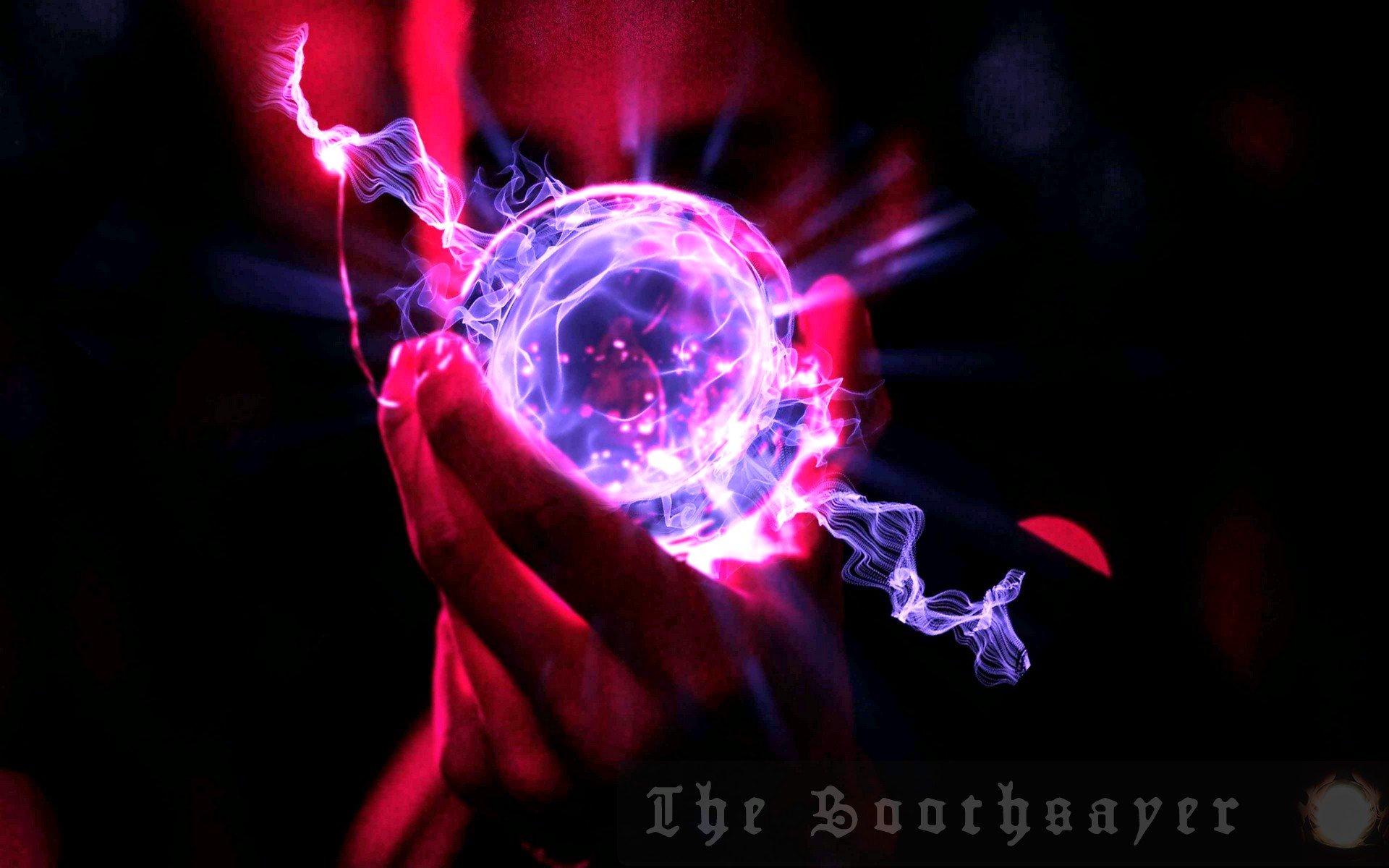
Unlocking the Blind Mind’s Eye: Scientists Gain Clarity on Aphantasia
- Forecast for 6 months: Increased awareness and discussion about aphantasia, with more people sharing their experiences and insights on social media and online forums.
- Forecast for 1 year: Researchers will continue to study aphantasia, exploring its causes and effects on cognition and behavior. This may lead to the development of new treatments or therapies for individuals with aphantasia.
- Forecast for 5 years: Aphantasia will become a more widely recognized and accepted condition, with increased inclusion in educational and professional settings. This may lead to a shift in how we approach creativity, imagination, and problem-solving in various fields.
- Forecast for 10 years: The study of aphantasia will have a significant impact on our understanding of human cognition and brain function. This may lead to breakthroughs in fields such as neuroscience, psychology, and education, and will likely have far-reaching implications for how we approach learning, creativity, and innovation.
Tags: development, discovery, education, innovation, insights, research



